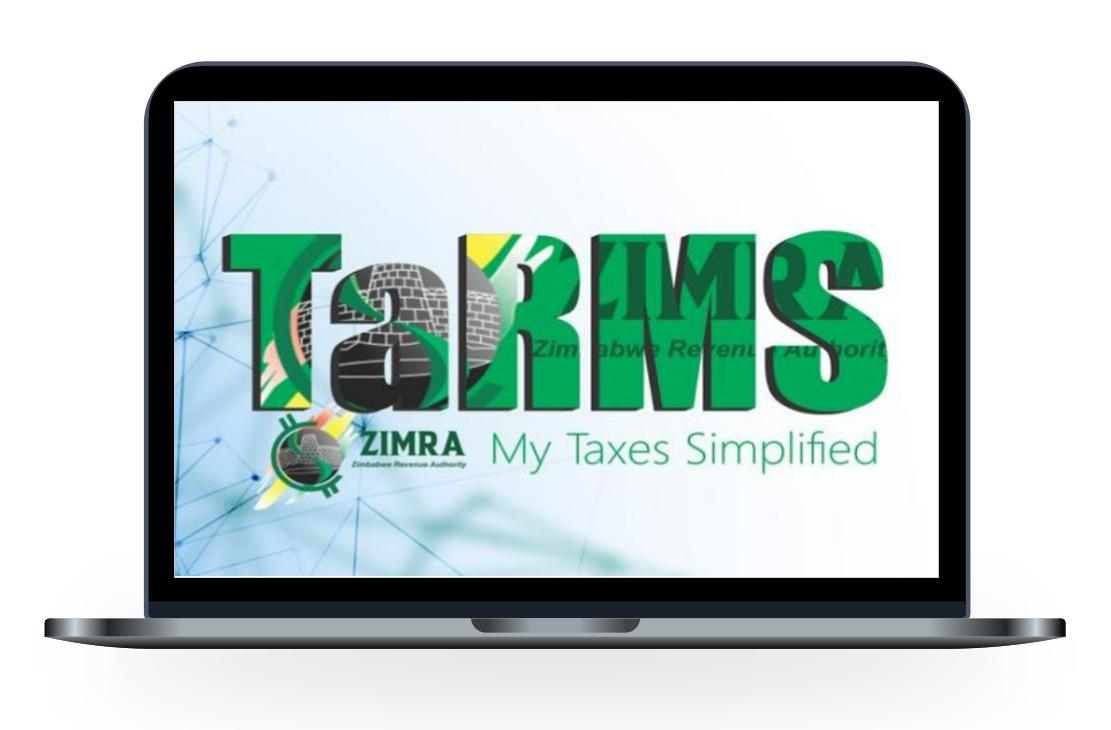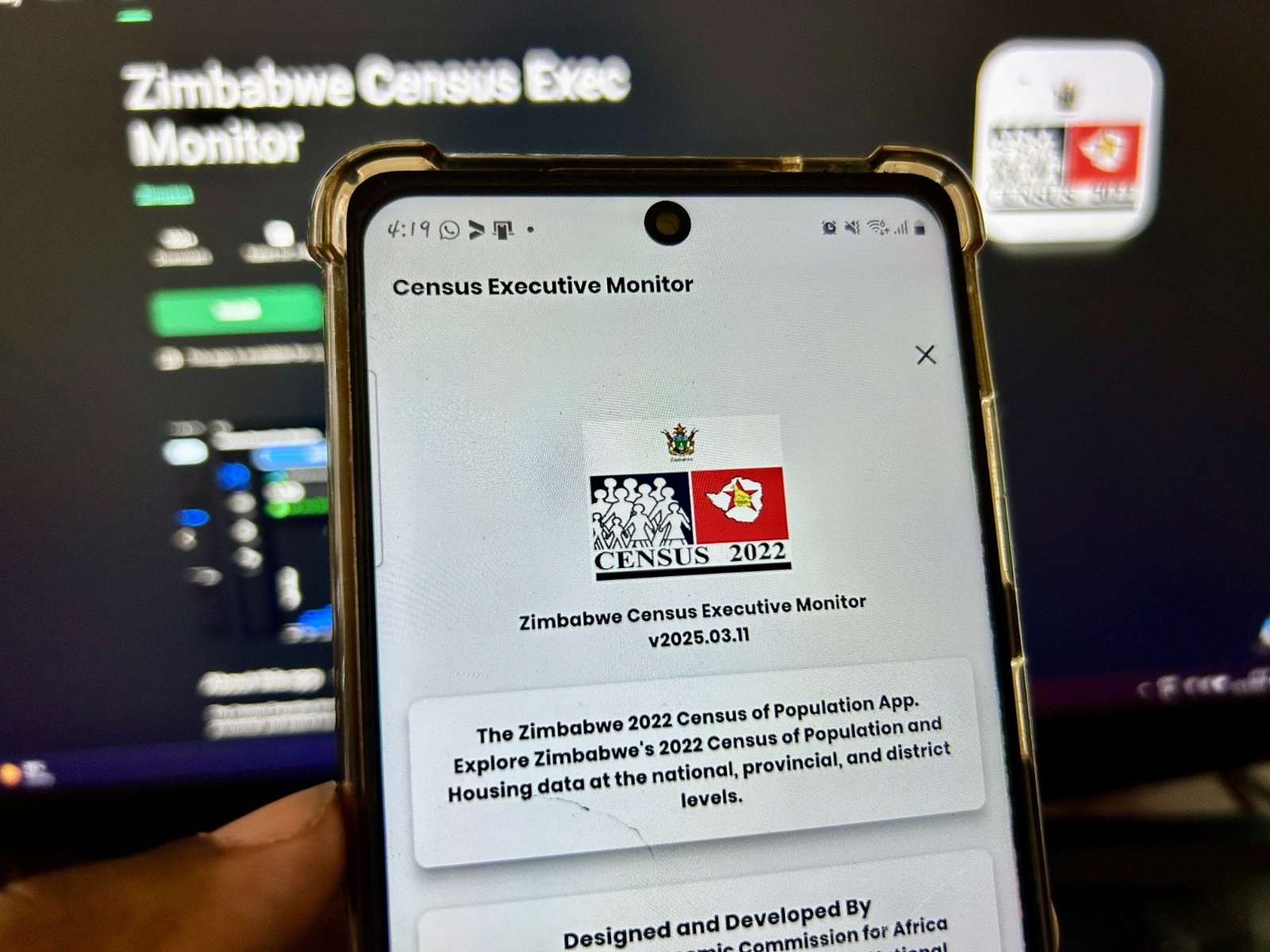This guest article was written by Allen Mukwenha. Allen is a marketing specialist with an interest in social media. He blogs on his personal blog www.mukwenha.org, and his twitter is @amukwenha.
 The announcement that Econet will be launching Eco-cash, a mobile payment solution is good news for the country. This will bring in new opportunities for technology entrepreneurs if the service takes off. We have to start thinking about businesses that will run on the platform. I will share some of the businesses that could be set up, using examples mostly from Kenya where the M-Pesa mobile money service has been very successful. This is not an exhaustive list of all the possible opportunities that might arise, but an overview to help the community to start preparing for the changes ahead.
The announcement that Econet will be launching Eco-cash, a mobile payment solution is good news for the country. This will bring in new opportunities for technology entrepreneurs if the service takes off. We have to start thinking about businesses that will run on the platform. I will share some of the businesses that could be set up, using examples mostly from Kenya where the M-Pesa mobile money service has been very successful. This is not an exhaustive list of all the possible opportunities that might arise, but an overview to help the community to start preparing for the changes ahead.
Let’s start with a primer on how mobile payments work. Consumers register for the service and they are given a mobile wallet – an application on their SIM card that is linked to their number. They then pay cash to an agent that loads e-money onto their e-wallet. Once the money is loaded, they can buy goods using e-money or transfer the e-money to other consumers. To convert e-money back to cash, consumers just go back to the agent who will buy back the e-money for cash.
The service offers convenience and security through a platform that is ubiquitous. The high literacy levels in Zimbabwe and the familiarity with SMS suggest that the service could succeed.
The obvious opportunity is to become a mobile money agent. The bulk of these agents might come from existing Econet retail partners and airtime vendors but one can always research areas that might be under-served and open up agencies there (universities and colleges perhaps?). Mobile money has some important differences with airtime sales. Mobile money agents have to carry a cash float for paying out to consumers. Mobile money commission is also usually lower than gross profit on airtime. This means not all airtime vendors will sign up as mobile payment agents and there maybe gaps in the market for entrepreneurs that are prepared to invest.
Another opportunity is in acting as an intermediary between Econet and its mobile money agents. The agents have to manage liquidity actively to ensure that they always have enough cash on hand to make out payments. They also need to have enough e-float to sell to customers. This means they often have to cash out their e-float daily to manage cash. We will therefore see the emergence of intermediaries that will buy e-float in bulk to distribute to agents in particular geographic regions to keep the system going. The intermediaries have to be highly capitalised so it’s an opportunity that will be taken by businesses with financial muscle. People interested in this model could research the business model used by PEP Intermedius (http://www.pepintermedius.com/).
Our greatest hope is ecommerce. Two factors need to be addressed for ecommerce to be viable. The first is trust. Consumers have to trust that merchants will be true to their word, and it can take time to gain that trust. The second is the low amount set as the maximum transaction value for Eco-cash. Eco-cash accepts transactions up to US $20. The maximum is usually set low to prevent money laundering. If these two factors are addressed, we could see ecommerce really take off.
Initially we might see ecommerce shops selling low value items. Will this low maximum amount offer the convenience to consumers that will lead to wide adoption? I am not sure. However, we know that early adopters of new services are usually the youth and the technically savvy. We might therefore see the first ecommerce shops that accept mobile payments targeting the youth and selling technology products. Once this catches on, we could see most retailers also going online with ecommerce shops.
Kenya has a good number of ecommerce shops that accept mobile payments. One example is Rachel’s bargain corner. This is a Kenyan equivalent of Amazon.com. They sell books and accept mobile payments (http://www.enrakenya.com). The model works because book prices are usually within the maximum transaction level and they target a highly literate market segment. To bypass the low maximum limit, ecommerce shops could accept multiple payments for an item.
If ecommerce powered by mobile payments takes off, web designers will need to start developing solutions that allow their clients to accept mobile payments. Metrocomia (EA) Ltd (http://www.metrocomia.co.ke) is web design company that develops mobile payment (M-Pesa) ecommerce solutions in Kenya. We might see demand for such solutions here as well.
If Eco-cash succeeds, it’s likely that the other networks will launch mobile payment systems as well. This will lead to complexity as retailers will need to integrate different e-money systems with their existing information systems. The Software as a Service (SaaS) model is emerging as an efficient way to integrate different systems with a retailer’s information infrastructure. An example is KopoKopo, a company that is incorporated in the USA but operates primarily out of Kenya (www.kopokopo.com). According to their website, KopoKopo enables enterprises to aggregate transaction data from multiple mobile money accounts, match that data to corresponding customer account information, and import or automatically post the reconciled data into their MIS.
It’s obvious that mobile money might take over the money transfer market between urban areas and rural areas because of the convenience it offers. That business will go to Econet and their agency network. However, I think an opportunity to enable money transfer from the diaspora exists. We could have a service that accepts credit card and PayPal payments from the diasporaand transfers the money to mobile wallets of recipients in Zimbabwe. The advantage is that such a service offers convenience to people in the diaspora and it could be set-up as a cashless operation without a huge capital outlay.
There is a wide range of micro-transaction services that could also be setup. Consider insurance. Small scale farmers depend on the rain for their harvests and a drought can result in serious financial difficulties. A micro-insurance service can be set-up to insure their crops. Payments could be accepted through Eco-cash so the farmers don’t have to make a trip to town to get insuranced. They could also receive insurance payments through Eco-cash. The Sygenta Foundation is offering such a service in Kenya (http://www.syngentafoundation.org/index.cfm?pageID=674).
NGOs can also play in this space. Concern Worldwide are using M-pesa to fight malnutrition. Traditionally, malnutrition is treated through feeding centres where people go to get food but the problem is that the people have to travel to the centres and it can be inconvenient and costly. Concern Worldwide have launched a service in which they send mobile money to people on a feeding programme as a way of treating them in their homes. NGOs can also accept Eco-cash donations as part of their fund raising efforts.
If Eco-cash succeeds, there will also be consulting opportunities to help organisations integrate mobile payments in their operations and create new revenue streams.
This is only scratching the surface of what is possible. I am hoping we will see more technology businesses coming up through this new system. The success of M-pesa has started a started a new scramble in Africa and Zimbabwe needs to get in on the action. It’s never too early to start planning.













Comments
9 responses
Thanks for the mention, Allen. SaaS has tremendous potential in Africa, and we’re proud to be at the forefront.
All the best,
Ben
VP of Business Development
Kopo Kopo, Inc.
Keep up the good work! I have heard great things about what your team is doing.
Challenges for mobile payments include:
1. Security – we will witness cases of sim cloning, denial of service, phishing etc, experience from other countries speak for themself. The challenge is security is directly related to trust.
2. Perception about mobile payments – there is need to aggressivley market the solutions and change perceptions. Currently there are a lot of mobile payment solutions. What will be unique about Ecocash that other banks are not offering. It will be great to also understand the adoption challenges for mobile payments in Zim.
3. Legislation – the 20USD limit was set by the RBZ and the other reason for that is to save traditional banks from facing massive challenge from the 6 million user base Econet and TN Bank! I believe this was a good move because if EcoCash succeeds I do not see a lot of banks surviving. TN Bank will grow exponentially! Econet will need to piggyback on an existing partner for the banking licence.
4. Customer Relations Management – i hope econet will be better at assisiting people over the phone when it comes to tracing their transaction.
5. Merchant partners – there is need to identify trusted and credible merchant partners otherswise this can be another scam in the making.
One point not many people mention about Mpesa in Kenya is the fact that it succeeded because of a lax/no legislation or regulation on mobile payments in Kenya at that time. Tanzania and South Africa are good examples of the challenges Mpesa can face outside Kenya. I personally do not buy the fact that Mpesa was setup by Safaricom to generate cash but was just another VAS to increase theur customer base. If you look at Safaricom’s income after launching Mpesa most of their revenue came from the increase in subscriber base and the purchase of airtime. People bought Safaricom sim cards and ended up buying more airtime. Now that they are in tarrif wars with Airtel the landscape is evolving.
Econet must also allow thrid parties to connect to this service. Lets see how the banking sector reacts to Ecocash.
Entrepreneurship in a third world country is always a good thing. Micro payments wow this will sort out most of the corrupt practices there and ensure people are happy.
the kenyan situation was a unique one Mpesa has failed dismally in S.A .i do however agree that there is a lot of room for entrepreneural growth in the sector only if econet allow access to private developers as google have done with Android.Innovation is not generic to one company and econet needs to understand that.They can asses quality if given room to grow the zim developers can even outdo kenya
Does anyone know the legalities concerning online betting (gambling) in Zimbabwe ?
try: answers.techzim.co.zw
http://www.budde.com.au/Research/Zimbabwe-Telecoms-Mobile-and-Broadband.html
I’m in Durban I want to join eco cash